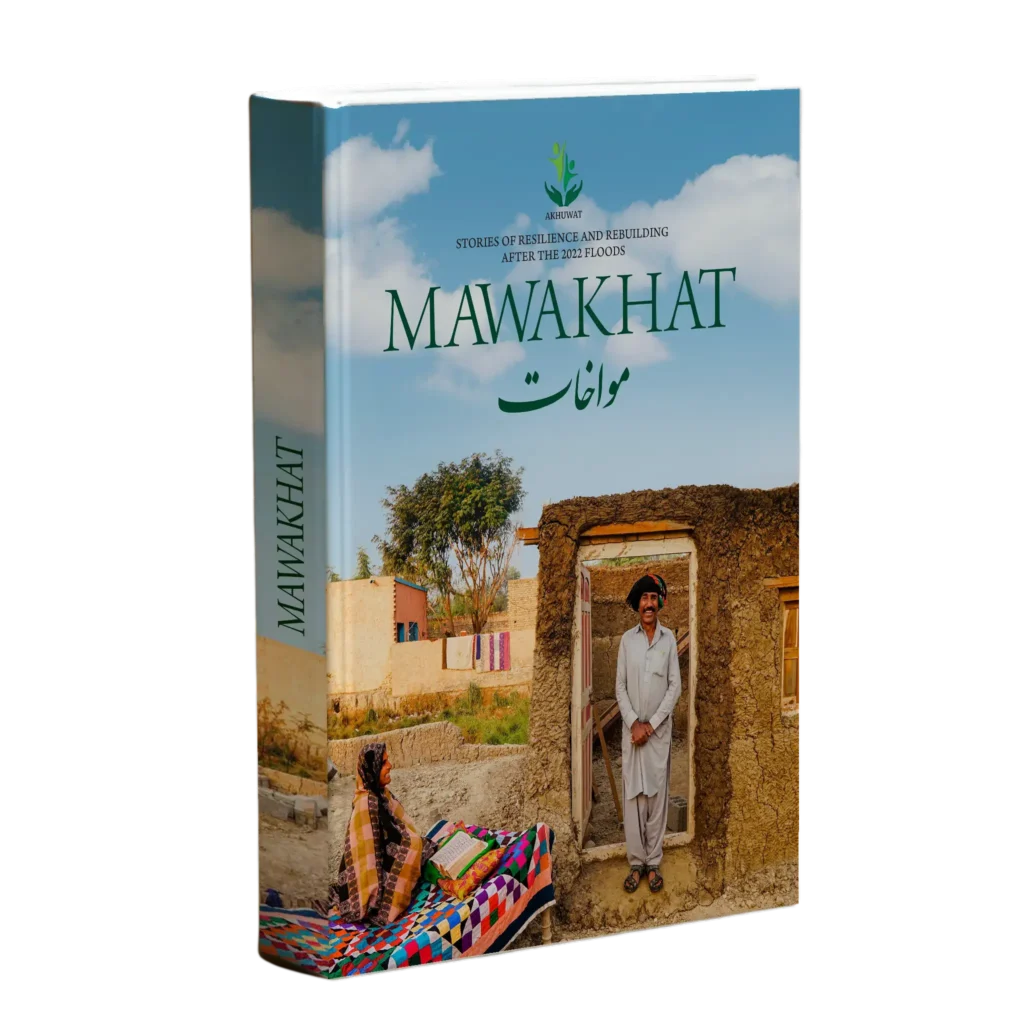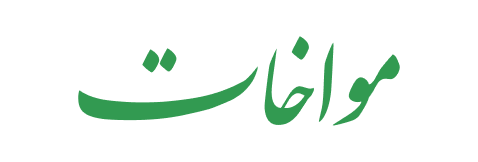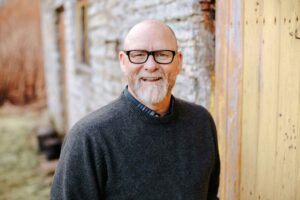ANNOUNCEMENT: The final merit list for Intermediate students at Akhuwat College, Kasur is out now. ANNOUNCEMENT: The final merit list for Intermediate students at Akhuwat College, Kasur is out now. ANNOUNCEMENT: The final merit list for Intermediate students at Akhuwat College, Kasur is out now.



